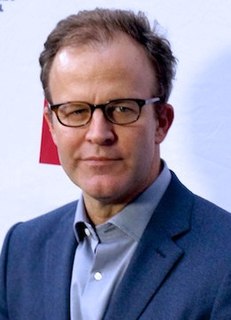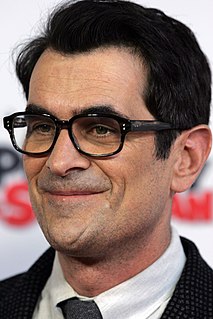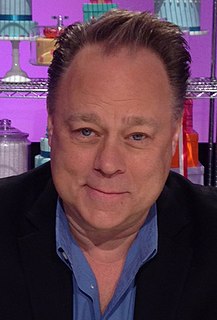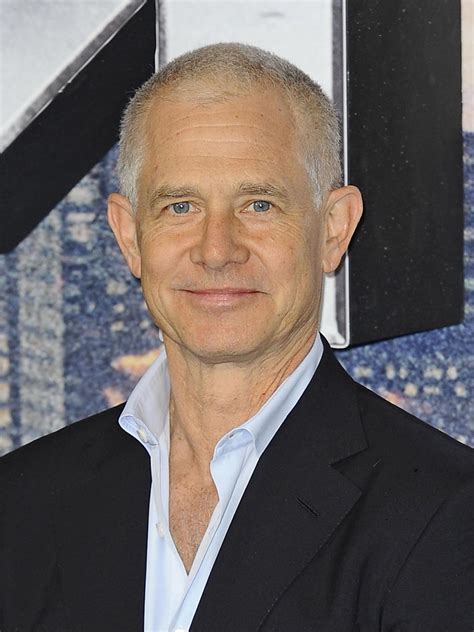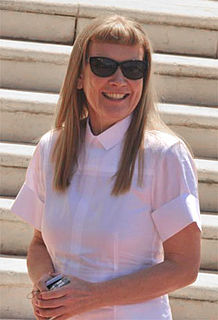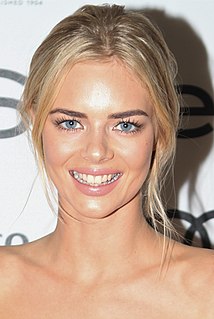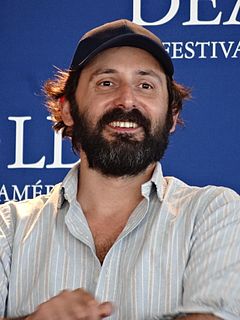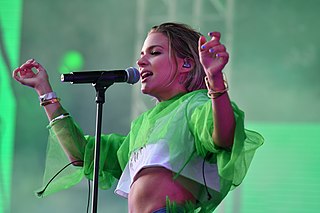A Quote by Dylan Clark
The audience rejects the movies when it feels a little bit more of the same.
Related Quotes
I gravitate towards anything that feels challenging to me, that feels like it's gonna be saying something a bit different and new to the audience, and anything that moves me. I do movies that I would want to see, so I don't necessarily gravitate towards any genre in particular. I just try and do the best work I can and also try to keep the audience guessing.
I always try to bring a little bit of my own personality to the character, or some sort of personal connection makes it a little bit more of an organic portrayal and the audience can kind of maybe believe it a little bit more. But I always look for something to kind of connect with and identify with, or bring something of myself to the table.
When you play a smaller, more intimate venue, you can have real conversations with your audience, take risks, and stay current. You can also change the set list, on how the day feels or how the audience reacts. When you do arena shows, every arena looks and feels the same. You can't see who is in the room.
I think you do have to attend to the sort of core values of film, which is that the audience wants to have a relationship with the characters, they want to understand what's going on there. There are certain things that comics can have a little bit more freedom in then when you're asking an audience to engage in it as a piece of cinema, but I do feel like the canvas is much bigger and wider and that we're being invited and frankly challenged to take risks, to be a little bit different. And that's fun, that's exciting.
There's no reason my films can't work as hard as VR does to hook an audience and never let them go, so I think that that it turns the volume up a little bit on storytelling. The same way when I was doing commercials and then I went and shot 'Go,' and 'Go' has a level of pace that is unlike any of my other movies.


